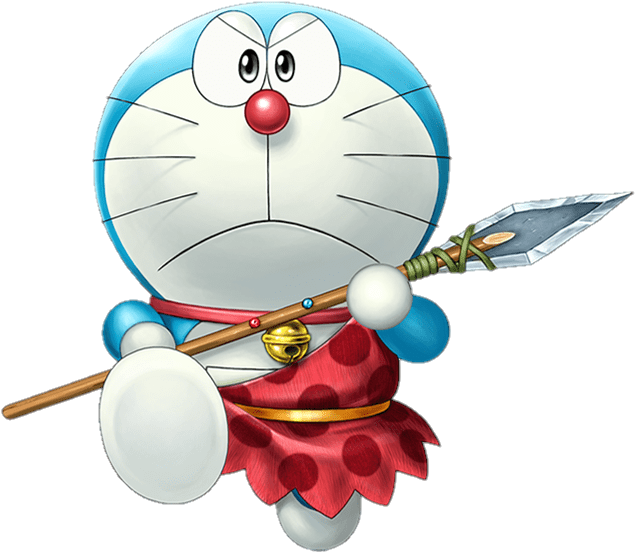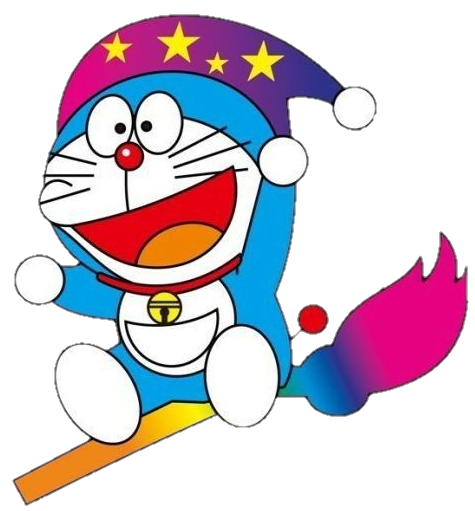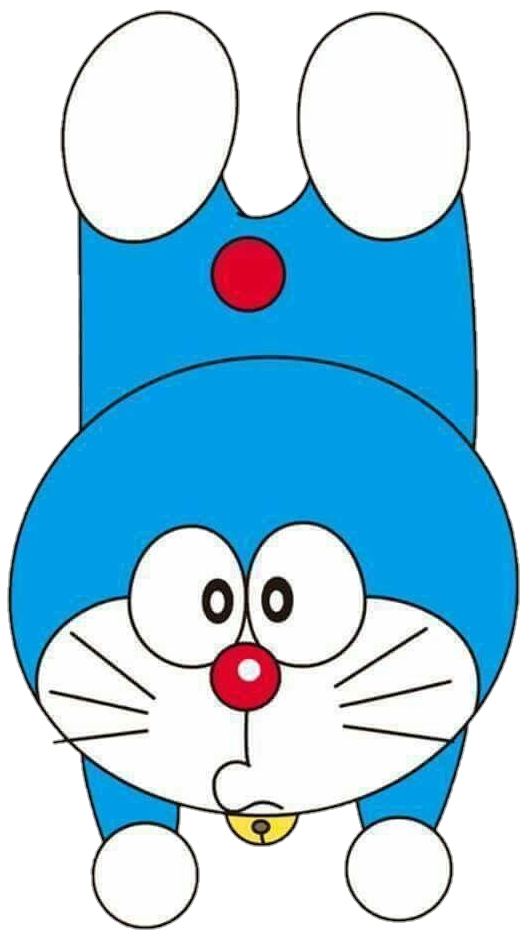Doraemon, the blue robotic cat from the future, has captured the hearts of audiences worldwide. Originally created by Japanese manga artist Fujiko F. Fujio in 1969, the Doraemon series has grown into one of Japan’s most iconic cartoons or anime. It tells the story of Doraemon, a robotic cat sent back in time from the 22nd century to help Nobita Nobi, a clumsy, underachieving schoolboy, improve his life and avoid future hardships. Through its humorous, imaginative, and often heartwarming storylines, Doraemon has become a universal symbol of friendship, kindness, and the endless possibilities of science and technology.
Doraemon is equipped with a four-dimensional pocket from which he can pull out futuristic gadgets, known as “secret tools,” to solve Nobita’s problems. Nobita frequently finds himself in tricky situations at school, with bullies, or due to his own poor decisions. Doraemon’s tools, while initially intended to help Nobita, often lead to unintended consequences, teaching valuable life lessons about responsibility, honesty, and the importance of using technology wisely.
Each episode typically follows a similar pattern: Nobita encounters a problem, Doraemon tries to help with a gadget, and things go wrong, resulting in chaos and a lesson learned. Through this simple yet entertaining format, the series has tackled various themes, such as the importance of perseverance, empathy, and the value of true friendship.
At its core, Doraemon is about friendship and kindness. Doraemon is a selfless friend who, despite his frustrations with Nobita’s antics, remains by his side, guiding him and looking out for his welfare. This portrayal of unconditional friendship resonates deeply with viewers. Nobita, although flawed and often lazy, embodies the relatable struggle of overcoming personal weaknesses, learning from mistakes, and trying to become better.
Another significant theme is the responsible use of technology. Doraemon’s gadgets are futuristic and exciting, often highlighting how scientific advancement could impact daily life. However, Nobita’s misuse of these gadgets usually results in mishaps, showing viewers the importance of responsibility and self-discipline when using tools and technology.
Doraemon’s universal appeal has led to it becoming a global cultural icon. The series has been translated into numerous languages and aired in over 30 countries, including India, Spain, and the United States. Doraemon’s influence is so great that the character was appointed as Japan’s “anime ambassador” in 2008 by the Japanese Ministry of Foreign Affairs. This recognition underscored how Doraemon represents Japanese culture, values, and creativity to a global audience.
In countries like India, where Doraemon has a massive fan base, the show has transcended generations. Children find inspiration in the humorous and imaginative episodes, while parents appreciate the positive messages embedded within each story. The show has sparked children’s interest in science and fostered cultural exchange by introducing audiences worldwide to Japanese society and customs.


































